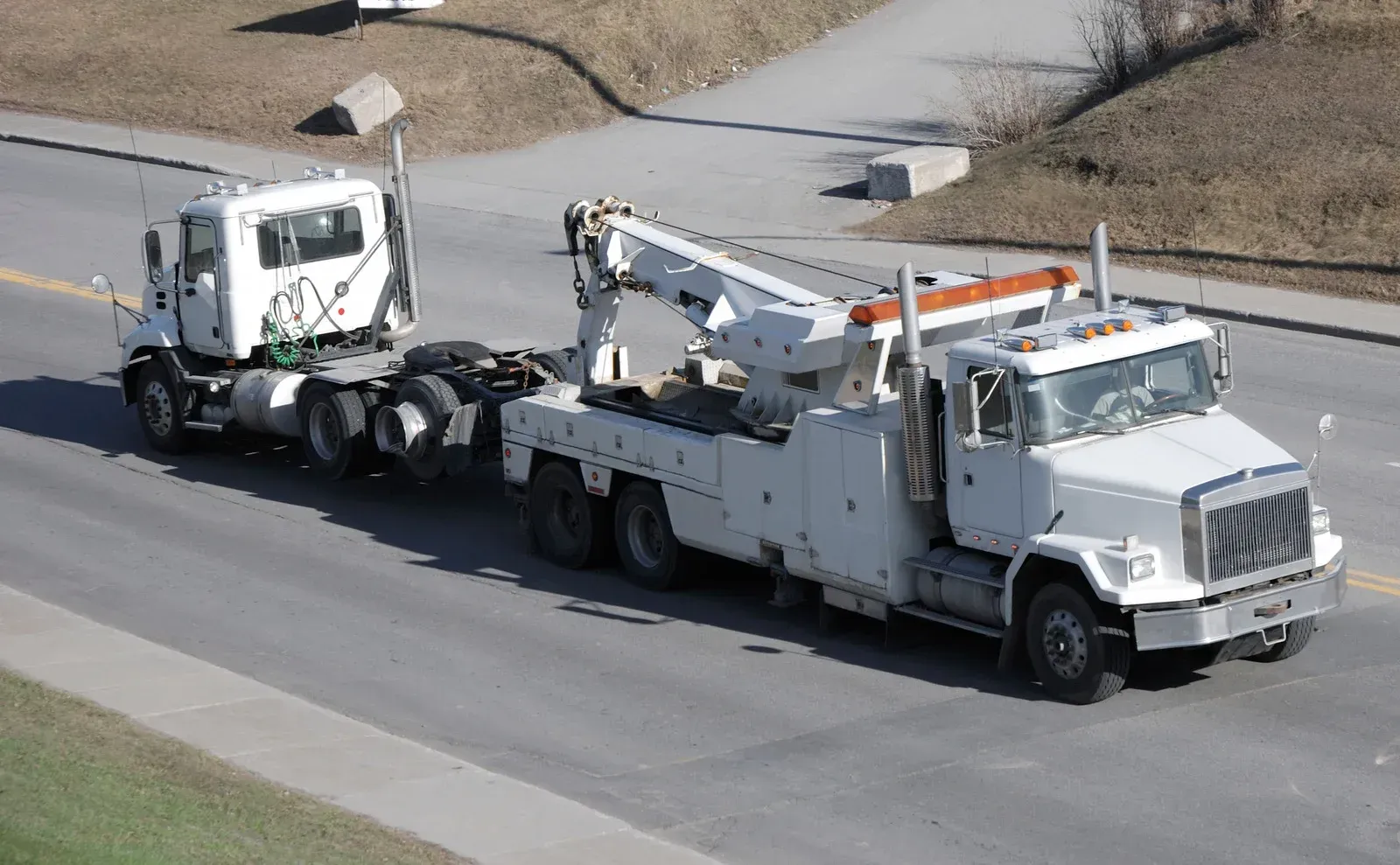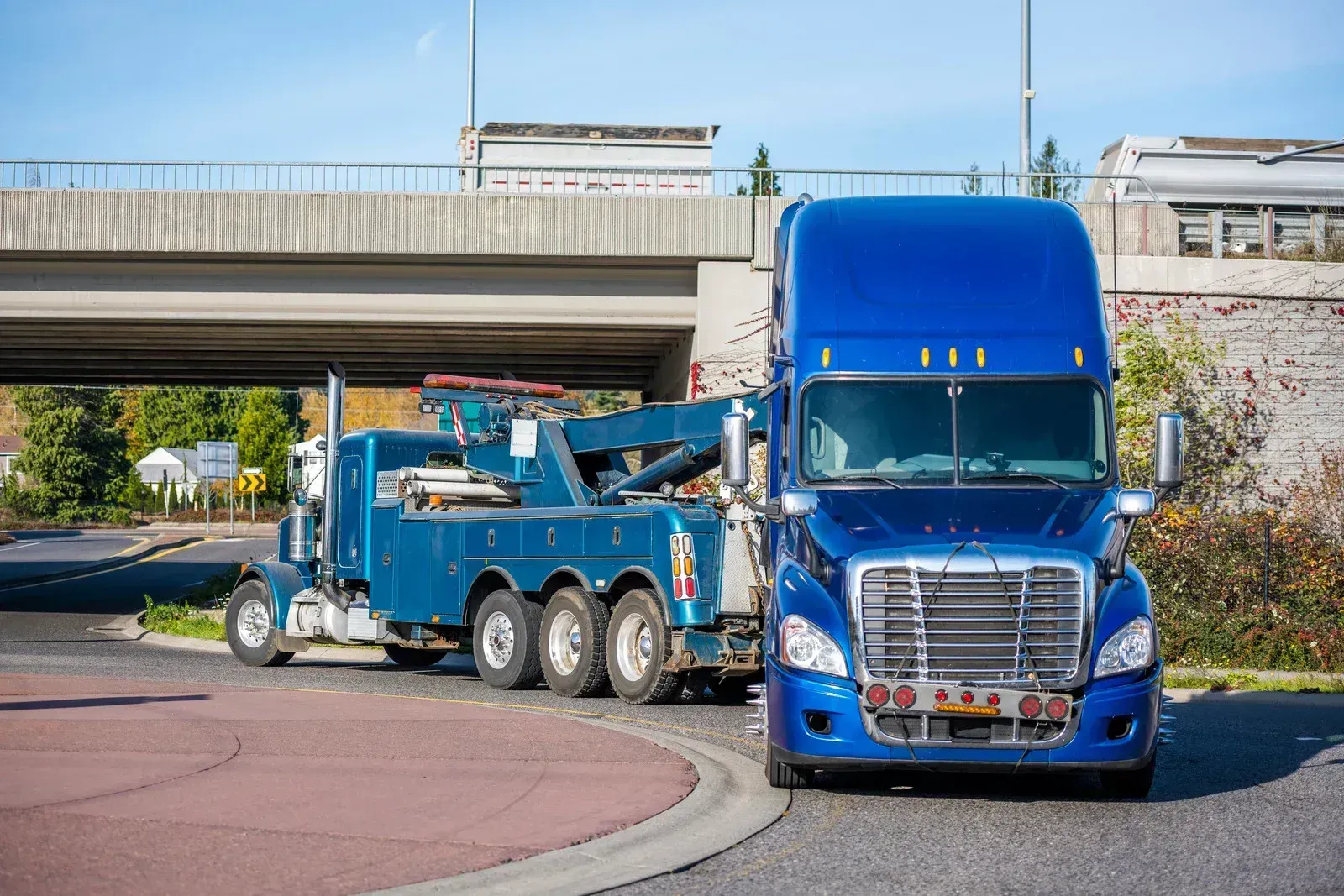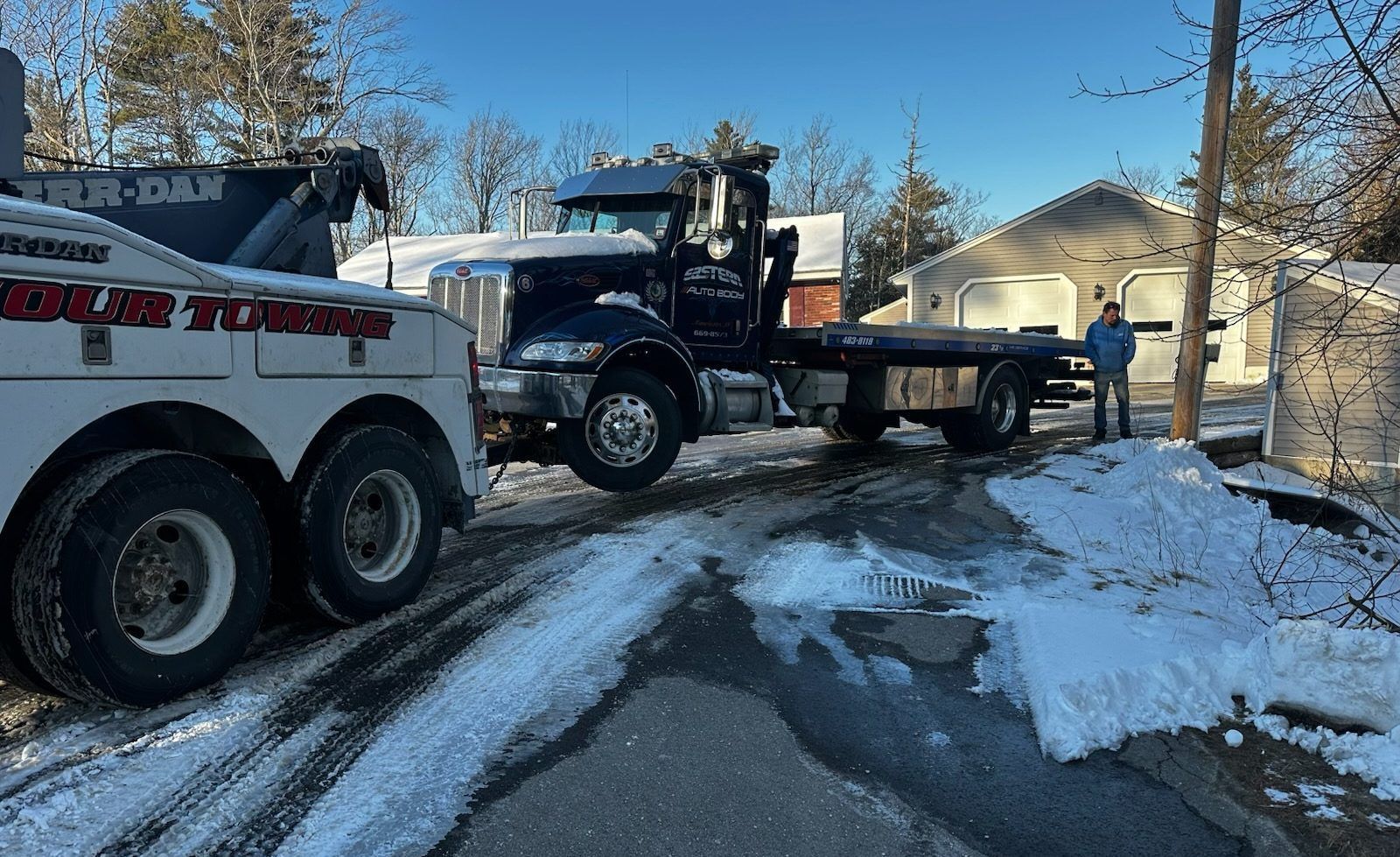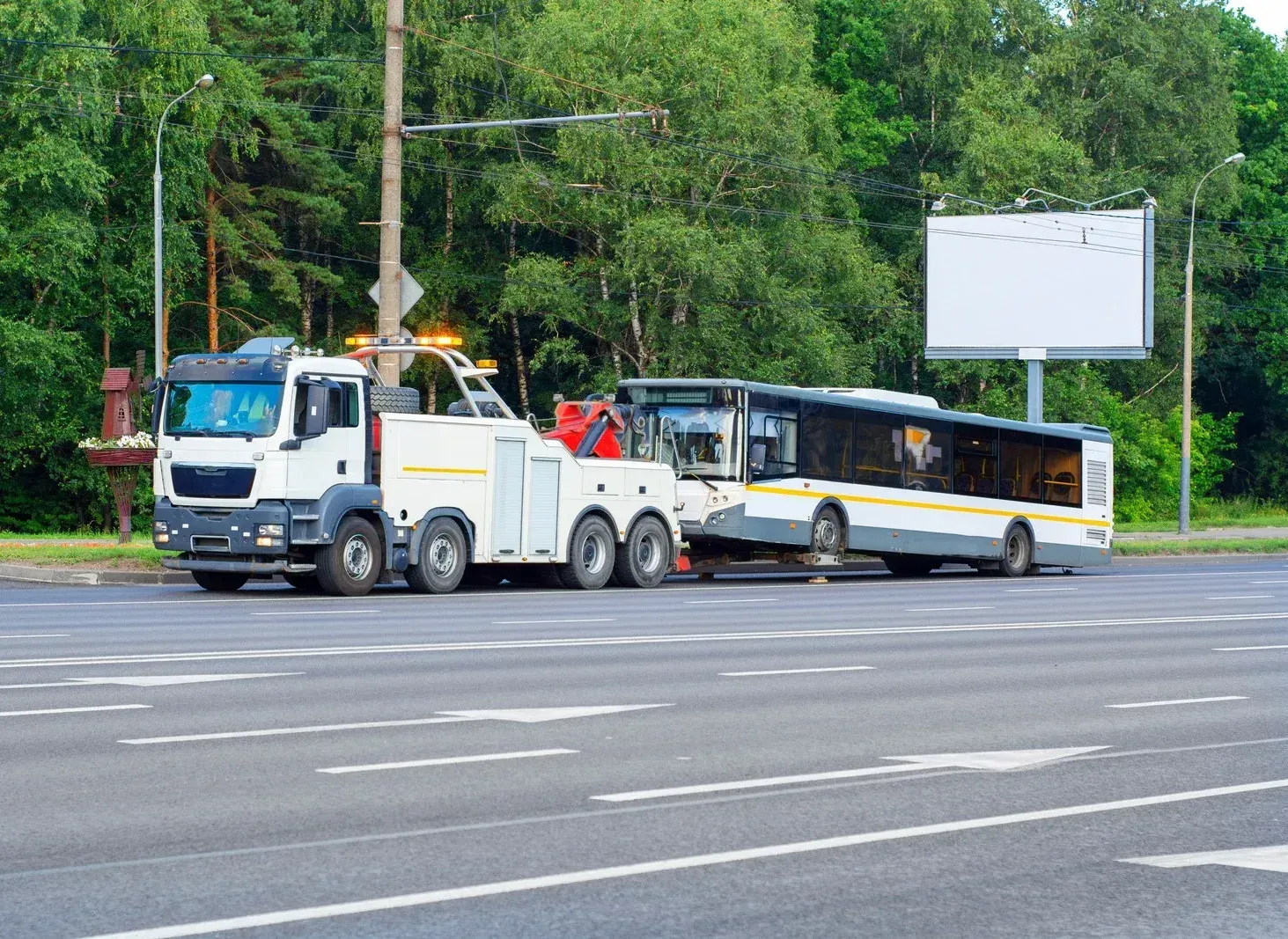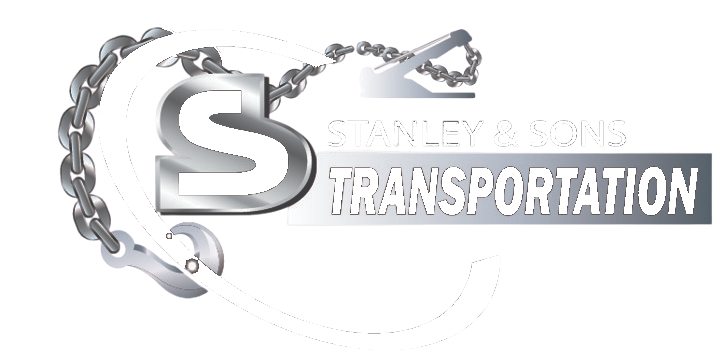Heavy Hauling & Recovery: The Process Behind Moving Oversized Loads
Transporting oversized loads is a complex operation that requires specialized equipment, meticulous planning, and expert handling. Whether moving construction equipment, industrial machinery, or massive infrastructure components, heavy hauling and recovery services play a critical role in ensuring safe and efficient transport. These operations demand compliance with strict regulations, coordination with transportation authorities, and precise execution to prevent accidents and minimize road disruptions. Understanding the process behind moving oversized loads highlights the expertise and precision required to carry out such tasks successfully.
1. Load Assessment and Route Planning
Before transporting an oversized load, experts conduct a thorough assessment of the cargo. This includes measuring dimensions, calculating weight distribution, and determining the best securing methods. Route planning is equally critical, as transporters must avoid low bridges, weight-restricted roads, and sharp turns. Coordination with state and local authorities ensures compliance with road regulations and helps obtain necessary permits.
2. Specialized Equipment and Securement
Moving oversized loads requires the use of specialized heavy-haul trailers, such as flatbeds, lowboys, or multi-axle configurations. These trailers are designed to support extreme weights and maintain stability during transit. Securement methods, including chains, straps, and custom cradles, are used to keep the cargo firmly in place. Ensuring that loads are evenly distributed helps prevent shifting, which could lead to dangerous road conditions.
3. Escort Vehicles and Traffic Coordination
Many heavy-haul operations require escort vehicles, also known as pilot cars, to ensure safe passage. These vehicles help guide the transport through difficult terrain, alert other drivers of oversized loads, and provide warnings about potential road hazards. Traffic coordination with law enforcement or transportation agencies may also be necessary when loads exceed certain size limitations. In some cases, temporary road closures or detours are arranged to facilitate smooth movement.
4. Recovery and Emergency Handling
In the event of an accident, breakdown, or cargo shift, heavy recovery services are essential. Professional recovery teams use cranes, winches, and towing rigs to stabilize or reposition the load. Quick response times minimize delays and prevent secondary incidents on the roadway. Recovery operations also involve assessing potential damages and ensuring the cargo remains intact and transportable.
Having a trusted
heavy-hauling and recovery service provider ensures that any challenges encountered during transit are handled with expertise. Stanley & Sons Transportation
specializes in heavy hauling and recovery services across Middletown and Middlesex County, Connecticut. With 20+ years of experience, our team provides professional towing solutions for oversized loads, ensuring safe and efficient transport. Whether you need specialized equipment transport or emergency recovery, trust us to handle your heavy-haul needs with expertise and reliability.
